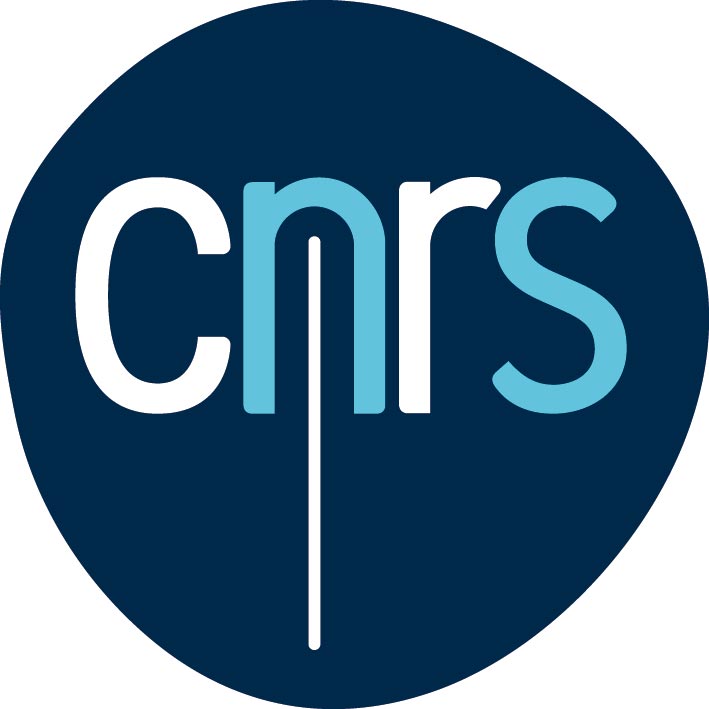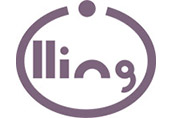Conference "Multilingualism and Otherness"
-
On 10 May 2019false false


Objectives & Theme of the conference
This conference will focus on the place and the perception of multilingualism in predominantly monolingual communities. If such people as Grégoire or Arthur Schlesinger Jr. are right in saying that the language makes the people, are multilingual bound to drift from community to communitarianism? To what extent is multilingualism still perceived as a threat to individual or academic wellbeing and/or national cohesion? How do multilingual speakers manage their identities and languages in monolingual settings? And how can linguists working on those issues better convey their findings to the public?
Despite decades of academic research, multilingualism often remains the focus of negative perception, either interpreted as a snobbish display of cul- tural capital or a refusal to integrate. This can be exemplified in France by recurring media scares that the government is about to make Arabic a compulsory topic in primary schools whenever the teaching of Arabic is mentioned (Grenery 2016[7], Durand 2018[5]), or by the many teachers who still ask parents of multilingual children to stop using the home language with them.
The concept of domains of language use theorized by Fishman (1972)[6] can help understand how multilingual speech practices may come across as out of place in certain contexts. Whereas a domain involves typical interac- tions between typical participants in typical settings, bilingual speakers often straddle several domains, and represent a potentially threatening otherness, all the more so as many myths about bilingualism persist in the wider population, regardless of whether so-called “prestige” or “heritage” multilingualism is at stake. The social significations and stigma associated to language contact have a part to play in making invisible, sometimes to the point of ghettoiza- tion, the linguistic repertoires that are perceived as non-standard, and the identities that are linked to them.
The conference is organized by the Laboratoire de Linguistique de Nantesand will take place in the beautiful city of Nantes, Brittany, on May 10, 2019. Our laboratory is a member of Bilingualism Matters and the AThEME (Advancing The European Multilingual Experience) consortium. Its research aims at defining the human capacity known as language — modeling the representations and mechanisms involved in the production, understanding and perception of language.
Linguistic fields
- Multilingualism, multilingual education, policies and practices
- Code-switching and translanguaging
- Linguacism, linguistic insecurity, glottophobia
- Face-threatening acts and politeness theory
- Communication Accommodation Theory
Keynote speaker
Thomas H. Bak, University of Edinburgh, School of Philosophy, Psychology and Language Sciences.
Important information
Full title: Multilingualism and Otherness (Eng) / Multilinguisme et altérité (fr)
Social media handle: #MOT2019
Conference date: May 10, 2019
Conference location: Université de Nantes, FranceConference languages: English & French
Conference host: Laboratoire de Linguistique de Nantes, LLING UMR- CNRS 6310
Contact person: Dr. Charles Brasart, charles.brasart@univ-nantes.fr
Important dates:
- Deadline for submissions: January 31, 2019
- Notification of acceptance: February 10, 2019
Guidelines for Submission:
- Abstracts should be written in either English or French and should not exceed 300 words.
- Abstracts should include:
- name and affiliation of presenter(s),
- title of presentation,
- aims, theoretical underpinnings, methodology, main findings and discussion,
- references.
- Papers will be allocated 20 minutes with 10 minutes for discussion.
- Abstracts should be submitted via EasyAbstract at the following address: http://linguistlist.org/easyabs/mot2019.
- If this is your first time submitting an abstract for a conference, theLinguistic Society of America offers guidelines on how to write convincing abstracts at the following URL: https://www.linguisticsociety.org/resource/model-abstracts.
We would like to encourage early-career researchers and PhD students to submit abstracts, and hope to make #MOT2019 a supportive environment in which to test out new ideas and receive positive and constructive feedback.
We look forward to seeing you at MOT2019!
The organizing committee.
References
[1] Anderson, Benedict, Imagined Communities: Reflection on the Origin and Spread of Nationalism, Verso, London, 1983.
[2] Auer, Peter & Li Wei (Eds.), Handbook of Multilingualism and Multilingual Communication, De Gruyter Mouton, London, 2008.
[3] Baker, Colin & Wayne E. Wright, Foundations of Bilingual Education and Bilingualism, Multilingual Matters, Bristol, 2017.
[4] Durand, Anne-Aël, "Au-delà de l’emballement, l’enseignement de l’arabe reste ultraminoritaire à l’école", Lemonde.fr, 2018.
[5] Fishman, Joshua, The sociology of language; an interdisciplinary social science approach to language in society, Newbury House, Rowley. 1972.
[6] Grenery, Sophie, "Enseignement de l’arabe au primaire : Vallaud- Belkacem met les choses au clair", LCI.fr, 2016.
[7] Paulsrud, BethAnne, Jenny Rosén, Boglárka Straszer & Åsa Wedin (Eds.), New Perspectives on Translanguaging and Education, Multilingual Matters, Bristol, 2017.



